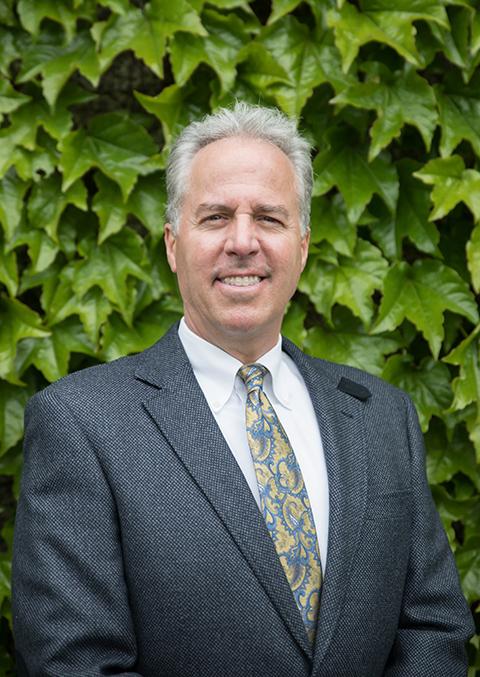Columnist Danielle Factor
Every 10 minutes, doctors put someone on the waiting list for a transplant. As of now, there are over 110,000 people waiting for a transplant. The most common transplant is the kidney transplant, according to the data collected by United Network of Organ Sharing. Transplants are no joking matter, and those who need the transplant usually need it to end very serious health problems and pains they may be suffering through.
Over the past year, there have been stories about people dying due to the fact they weren’t able to get a transplant because they had THC in their system. For example, in 2017, a teenager got very sick with pneumonia and doctors told him he needed a double lung transplant in order to survive. The doctors then denied him from being put on the organ transplant list due to the fact that he had THC in his system. He died not too long after.
Letting people die over marijuana use is absolutely ridiculous in today’s society. Twenty-nine states have legalized medical marijuana (while nine also legalized it for recreational use). As legalization of medicinal and recreational use has slowly taken off, we are seeing far more studies showing how we can use cannabis to help treat a multitude of things, whether it’s a serious illness or something less life-threatening, such as insomnia or anxiety.
There are many benefits for those on the transplant list to use medical cannabis, such as a natural pain reliever over a prescribed opiate, which does a lot of damage to the body if used frequently. Not only can opiates cause liver and brain damage, but they’re also extremely addicting. According to The National Institute on Drug Abuse, it’s estimated that between 26-36 million people abuse opioids worldwide, while an estimated 2.1 million people in the U.S. are suffering from substance abuse disorders related to prescribed pain relievers.
Cannabis, a much safer substance, can relieve discomfort. It helps reduce nausea while increasing appetite, which is very beneficial because a lot of health problems can lead to significant weight loss. Cannabis is also non addictive, according to The British Journal of Psychiatry.
Doctors shouldn’t use the level of THC in one’s system as a reason to deny them access to a lifesaving transplant. According to the AJT report, Itai Danovitch, MD, noted how there’s very little evidence that use of cannabis predicts a worse transplant outcome.
The procedure is life or death for most, and being denied a lifesaving operation over using cannabis is not okay, especially in those states that have legalized medicinal or recreational use.
We need to remove Cannabis as a schedule one drug, which currently classifies it alongside heroin and LSD. Those drugs are far more dangerous than cannabis and there are many studies that prove this to be true. Due to it being categorized as a gateway drug, cannabis still has a very negative stigma surrounding it.
We must put this stigma to an end, because there are many benefits to cannabis use over other drugs prescribed by doctors. We should not make someone be ineligible to receive a transplant due to using a plant for relief over using an addictive and damage-causing opiate as the deciding reason as to whether someone gets to live or die.



































